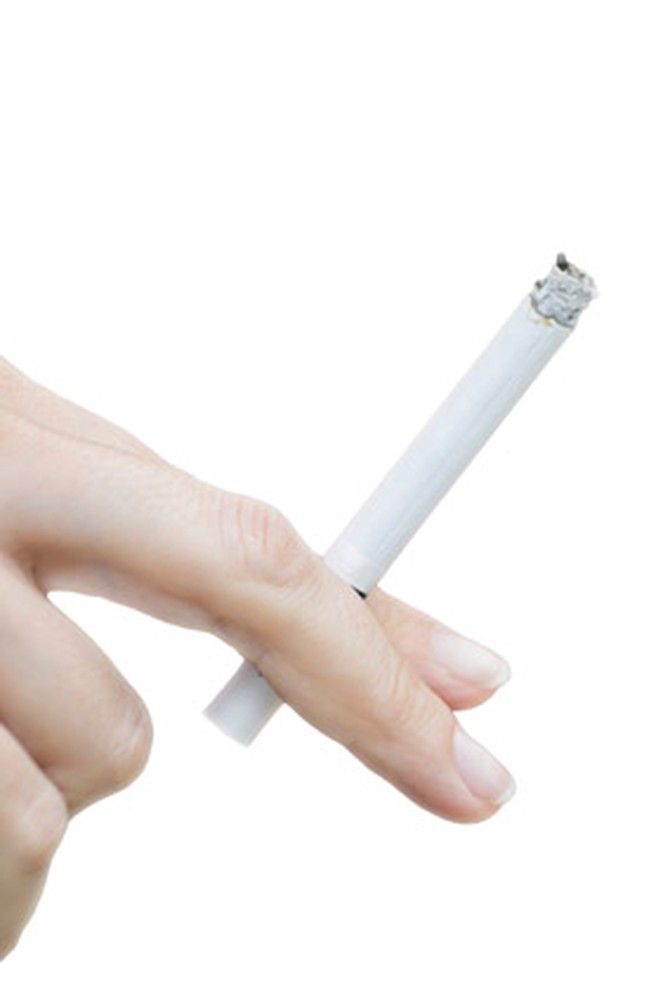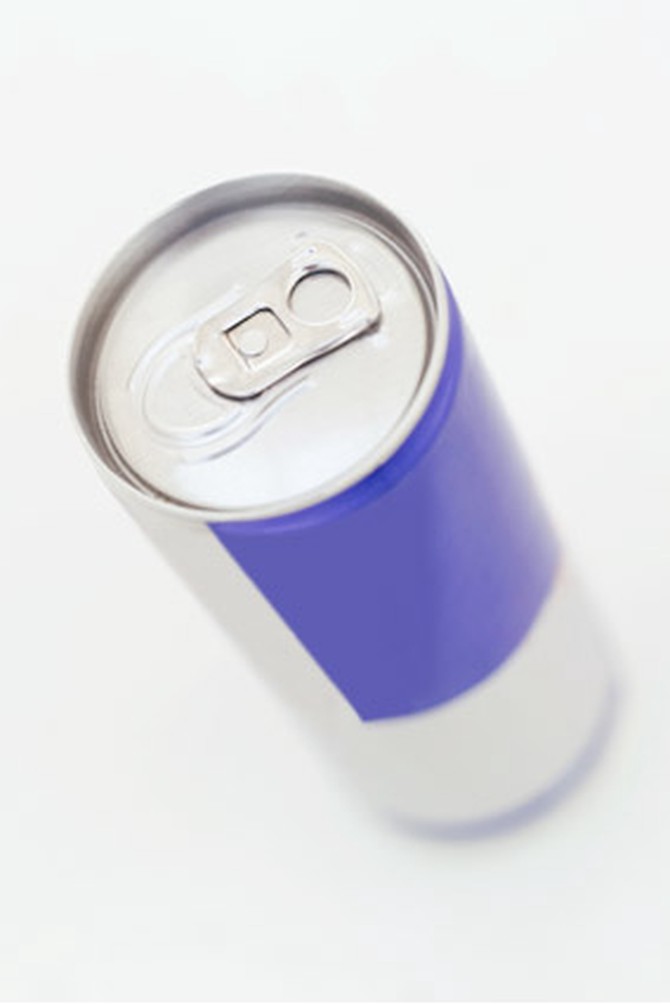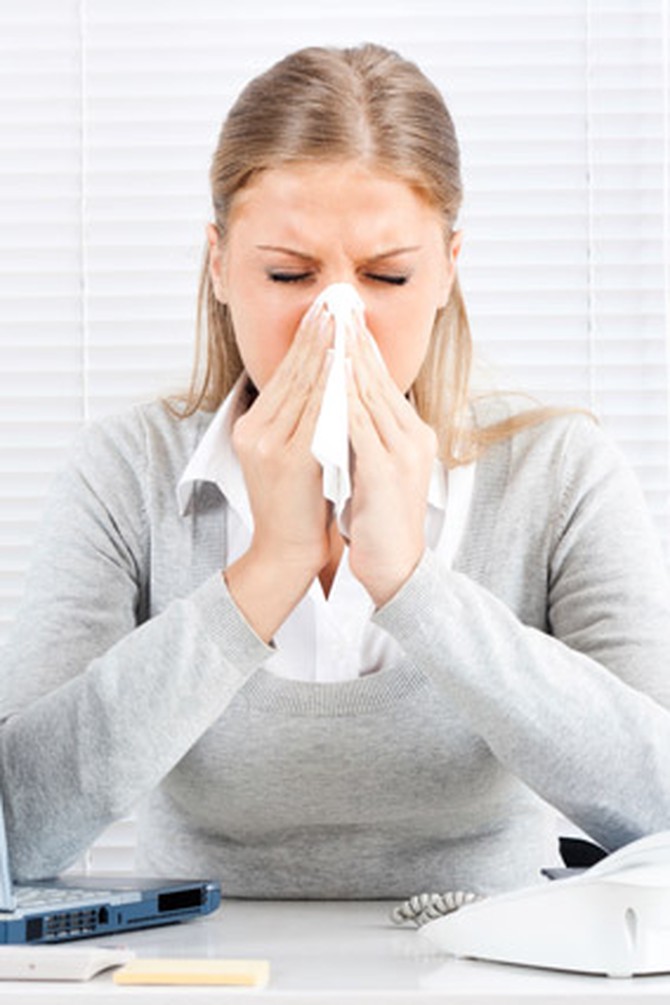How Much Exercise Do You Really Need (and 3 More Questions)
I'm always fielding health questions from friends, acquaintances, even people on the street— I consider it part of my job. Now it's your turn: I'm here to address what's on your mind.
By Dr. Mehmet Oz

Photo: Greg Kessler
How little exercise can I actually get away with?
I hear you—with our busy lives, finding time to squeeze in an hour at the gym can be more challenging than the workout itself. But it seems as if science has caught on to our dilemma: In the past few years, researchers have published several studies promising fast results from shorter workouts. A recent low is a four-minute routine that after ten weeks was shown to produce the same improvements in blood pressure, and blood sugar levels, as a 16-minute workout. But take note of the fine print: The participants in the study also completed a ten-minute warm-up jog and a five-minute cooldown walk, so the total workout clocked in at 19 minutes. Intensity mattered, too. The exercisers did that four-minute burst at 90 percent of their maximum heart rate—the equivalent of rapidly climbing six to ten flights of stairs. If that kind of routine doesn't appeal to you, you're not going to stick with it—in which case you won't see any benefit. The important thing is to find an activity you enjoy. Aim for at least 30 minutes daily; if you're pressed for time, consider splitting your workout into 15-minute blocks.

Photo: Thinkstock
I want to quit smoking this year. Are electronic cigarettes really a healthy alternative?
A 2013 study in The Lancet found that e-cigarettes are about as effective as nicotine patches for kicking the habit, but you need to make sure that you're not using them as an ongoing replacement for the real thing. What we know about e-cigarettes is limited, and when it comes to their long-term health effects, the jury is still out. I know quitting isn't easy, but there are other alternatives that can help: A 2012 report found that smokers who underwent acupuncture were more than three times less likely to light up six months to a year down the road compared with those who received a placebo treatment in which acupuncture points weren't stimulated.

Photo: Thinkstock
When the 4 P.M. slump sets in, is an energy drink a good idea?
For those who don't drink coffee, these caffeinated boosters may seem like the silver bullet for overcoming afternoon fog—but I'm concerned about their high levels of caffeine and sugar. Energy drinks can contain up to 200 milligrams of caffeine per 16-ounce serving. Down two, and you've already hit the recommended upper limit of 400 milligrams for the day. You may also begin to feel jittery, have trouble sleeping, and even experience an abnormal heartbeat. One small study found that when people ages 20 to 39 consumed two energy drinks daily for a week, their systolic blood pressure spiked by as much as 9.6 percent, making such beverages a risky choice for those with hypertension. I'd rather you avoid all the extra sugar, too—some cans contain nearly 20 teaspoons—but if you just can't give these drinks up, limit yourself to one a day.

Photo: Thinkstock
There are now five different ways to get immunized against the flu. Which is best?
Vaccines come in two forms: shot (which contains an inactive virus) and nasal spray (which uses a live but weakened virus). Both are good options for adults, but some studies suggest that the spray is more effective in kids. Next you'll need to decide between quadrivalent and trivalent. Quadrivalent is the newest vaccine type—it immunizes against four varieties of the flu virus, as opposed to the traditional three. The remaining options are more specific, like the high-dose vaccine for adults age 65 and up, and an egg-free option for people who are allergic (eggs are typically used in vaccine production). Remember, the key to a flu-free winter isn't which method you choose, but that you get vaccinated, period.
Next: 5 "vices" that can be good for you
Next: 5 "vices" that can be good for you
From the January 2014 issue of O, The Oprah Magazine

